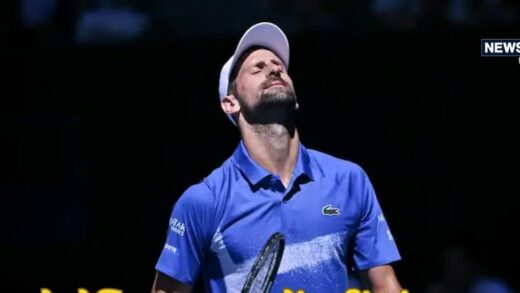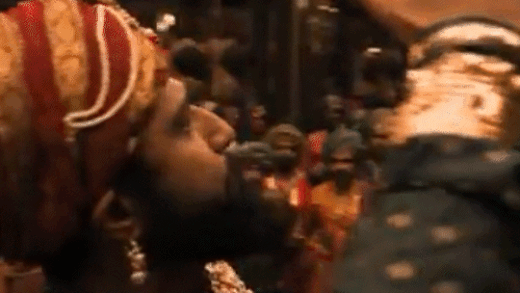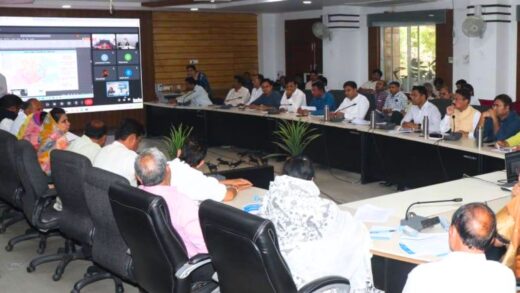Israeli Prime Minister Benjamin Netanyahu is on his way to the United States to discuss the second phase of the ceasefire agreed with Palestinian group Hamas in Gaza, his office says.
Negotiations for the second stage of the ceasefire are due to begin in Washington, DC on Monday, Netanyahu’s office said on Sunday as the Israeli leader departed for the US.
US President Donald Trump, who has claimed credit for the ceasefire deal signed on January 19, is expected to host Netanyahu at the White House on Tuesday – Trump’s first meeting with a foreign leader since his inauguration for a second term.
Netanyahu’s US trip comes two weeks into the first phase of the ceasefire that is set to free 33 Israeli captives in return for nearly 2,000 Palestinian prisoners. The second phase is expected to cover the release of the remaining captives and to include discussions on a more permanent end to the war.
The Gaza ceasefire paused 15 months of an Israeli genocide in the enclave that killed more than 47,000 Palestinians, more than half of them women and children, according to local health authorities.
Speaking at Tel Aviv airport before his departure, Netanyahu said he and Trump would discuss “victory over Hamas, achieving the release of all our hostages and dealing with the Iranian terror axis” in the Middle East.
Netanyahu called it “telling” that he would be the first foreign leader to meet Trump since his inauguration. “I think it’s a testimony to the strength of the Israeli-American alliance,” he said.
It is also Netanyahu’s first US trip since the International Criminal Court (ICC) issued an arrest warrant against him in November for alleged war crimes committed in the Gaza Strip.
The US, which has previously praised the ICC decision to issue a warrant against Russian President Vladimir Putin in relation to the Ukraine war, is not a signatory to the Rome Statute, the treaty that established the court.
Senior US politicians are trying to sanction the international court over the arrest warrants of Netanyahu and former Defence Minister Yoav Gallant, and have threatened to blacklist its top prosecutors and their families.
Fragile ceasefire
How committed Trump and Netanyahu are to advancing the ceasefire remains to be seen. Netanyahu is under immense pressure from his far-right government partners to abandon the deal after the first phase and restart the attacks on Gaza.
Trump, for his part, has given mixed signals on the prospect of a permanent end to the war. Asked on January 20, shortly after being sworn in, if he was confident the truce in Gaza would hold, he said: “I’m not confident.”
“It’s not our war, it’s their war,” he added.
More recently, Trump has also proposed to ethnically “clean out” Gaza, insisting Arab states Egypt and Jordan should take in displaced Palestinians from the enclave, a prospect they roundly rejected.
Scott Lucas, professor of international politics at University College Dublin, told Al Jazeera the second phase of the Gaza deal faces pressure from multiple sides. He said Israeli captives still held in Gaza and Palestinian detainees in Israeli prisons would only be released if elements of the second phase of the Gaza ceasefire could remain in place.
“Here, you’re talking about four sides of pressure around Benjamin Netanyahu and Trump,” he said.
There is pressure from the hard right in Israel, especially from Finance Minister Bezalel Smotrich from inside the cabinet and former National Security Minister Itamar Ben-Gvir, he said.
“They don’t want a phase two. They want a military government in Gaza, they want displacement of Palestinians, and they’re actually talking about returning to war already.”
Then there is pressure from elements in Israel who think their priority should be the return of all captives.
On the other hand, Lucas said, Hamas will continue to resist Israeli efforts to eliminate the group from Gaza, and Palestinians are rejecting military occupation.
“Fourth is Donald Trump, who wants to be a peacemaker, but who is also staunchly pro-Israel to the extent that his solution to bring peace is to send all the Gaza residents to Egypt and Jordan. So there’s no way to square those four sides to get a phase two at this point.”
Occupied West Bank settlements
Also on the agenda during Netanyahu’s visit could be Israel’s illegal settlements in the occupied West Bank. Smotrich, who opposes the ceasefire and is a vocal settlement advocate, urged Netanyahu to raise the issue.
“We must strengthen our grip and sovereignty over the homeland in Judea and Samaria,” Smotrich said in a message directed at Netanyahu, referring to the occupied West Bank.
Netanyahu’s early meeting with Trump marks a clear departure from his ties with the previous US administration, which, despite being Israel’s largest arms supplier, had criticised its war conduct and paused some military shipments.
Trump has declared himself the most pro-Israel president in US history and appointed senior diplomats who openly support far-right Israeli factions, including their push to annex the occupied West Bank.
Source link
#Israels #Netanyahu #travels #discuss #phase #Gaza #ceasefire


















